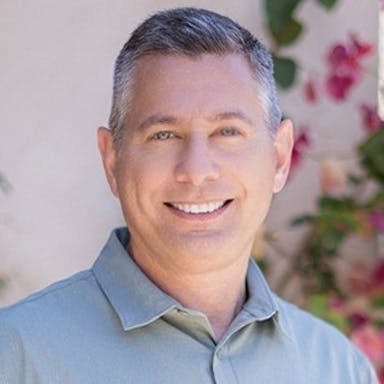
Financial Planning
I’ve Maxed Out My 401k, What Should I Do Next?

Published April 09, 2024
Once a doctor has maxed out their 401k contributions, there are several financial steps they can prioritize.
They include the following:
Develop a financial plan: A financial plan helps doctors set clear financial goals for their future, providing a roadmap to achieve these goals effectively. Other benefits of a financial plan include:
Tax efficiency: a financial plan helps doctors optimize their tax strategies, maximize deductions, and take advantage of tax-efficient investment vehicles
Wealth accumulation: helps identify opportunities to build wealth beyond their medical practice, including evaluating the impact of taking on a side gig, starting a business, or diversifying their investment portfolio
Peace of mind: Having a financial plan in place provides doctors with peace of mind, knowing that they are taking proactive steps to secure their financial future. With higher incomes often comes upgrading lifestyles, and without proper planning and budgeting, physicians may find themselves with golden handcuffs. Having a plan reduces financial stress, allowing them to focus on their career and personal well-being
Check in on financial housekeeping:
Revisit the emergency fund: It's important to have a cash reserve to cover unexpected expenses or income disruptions, and that the current emergency fund adequately reflects the most updated costs and expenses (for example, if a physician has moved to a new house and taken on a new mortgage). Aim to save at least 3-6 months of living expenses in a separate high-yield savings account.
Check that high-interest debt has been paid off first: If the doctor has any high-interest debt, such as credit card debt or personal loans, it's wise to prioritize paying it off. This can save money on interest payments and improve overall financial stability.
Invest in taxable brokerage accounts: After maximizing tax-advantaged retirement accounts, doctors can consider investing in taxable brokerage accounts. Doctors can work with a financial advisor to employ tax-efficient investment strategies, such as tax-loss harvesting or investing in tax-efficient funds. This can help minimize tax liabilities and optimize investment returns.
Maximize employer-sponsored benefits: Doctors should take full advantage of any employer-sponsored benefits beyond the 401k. This may include options like:
A Health Savings Account (HSA) - contributions are tax-deductible, earnings grow tax-free, and qualified medical expenses can be withdrawn tax-free
Flexible Spending Account (FSA)
Employee Stock Purchase Plan (ESPP)
Explore other retirement savings options: Doctors can explore other retirement savings options, such as:
Double check that all employment retirement benefits have been analyzed and implemented. Many non-profit hospitals offer retirement benefits beyond a traditional 401(k) or 403(b) plans; in some cases physicians can nearly double their retirement savings if their hospital offers additional opportunities to save (such as the 457(b) for University of California employees)
A mega backdoor Roth
Eligibility: Not all employer-sponsored retirement plans allow for the Mega Backdoor Roth strategy. The plan must allow for after-tax contributions and in-service withdrawals or in-plan conversions
Plan Limitations: Physicians should be aware of any plan limitations, such as contribution limits or potential fees associated with the Mega Backdoor Roth strategy. Understanding these limitations will help in making an informed decision
A cash balance pension plan, if available
Review insurance coverage: Doctors should regularly review their insurance coverage, including life, disability, and malpractice insurance. Adequate coverage can protect against unforeseen circumstances and provide peace of mind.
Remember, financial priorities may vary based on individual circumstances and goals. It's important to assess personal financial needs and consult with a professional before making any decisions.
